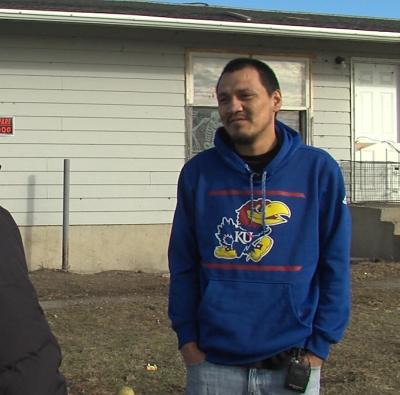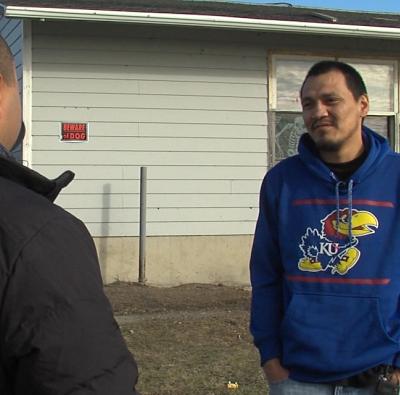Background
On April 24, 2017, North Dakota Governor Doug Burgum signed House Bill 1369. The new law required voters to have a valid ID with their name, birth date, and current residential address. If a “valid” residential address is not listed on the ID, ballots cast will be considered ineligible unless the voter provides in-person proof of their residential address within a specified period.
On behalf of several Native American tribes, the Native American Rights Fund (NARF) filed Brakebill v. Jaeger, in the U.S. District Court for the District of North Dakota to declare the new law discriminatory, and in violation of the plaintiff’s constitutional rights.
In February 2018, the district court invalidated the residential street address aspect of the law and ordered the Secretary of State to accept otherwise valid forms of identification that listed either a current residential street address or a current mailing address. Evidence showed that Native Americans disproportionately lack residential street addresses, particularly in the rural areas of the reservation where the County has not even provided addresses to many homes on reservations. Most Native Americans used their P.O. boxes on their IDs, because that is the only way they can get mail.
In October 2018 the Supreme Court upheld the Eighth Circuit Court’s decision and declined to reinstate the statewide ban on enforcing the voter ID requirement.
The North Dakota Native American community has been working around the clock to provide the necessary IDs to those living on reservations, with no help from the state of North Dakota. Despite their efforts, North Dakota’s voter ID law could prevent many Native Americans from casting a ballot in the upcoming election on November 6.
On October 30, 2018, NARF and CLC filed Spirit Lake Tribe, et. al. v. Jaeger, a complaint to ensure that Native American voters’ right to vote is not burdened by the State’s failure to develop a functional addressing system on reservations.
Impact on Native American Voters
The residential street address requirement has the potential to disenfranchise many voters throughout North Dakota simply because they live on a reservation. The State and Counties have created a dysfunctional addressing system and are now seeking to ensure that the ID cards Native American voters present—even when it lists their residential street address—match the State’s faulty records. The right to vote cannot be infringed in that manner.
It is not uncommon for residencies on reservations to not have an assigned street address. Many streets do not have marked signs and many houses are not labeled with numbers. Many members of the Native American community who do have street addresses assigned by 911 do not know their address and have not been notified of their address.
Members often understood their homes to have preexisting residential street addresses that no longer corresponds to 911 addresses because the county, unbeknownst to them, assigned them a different address in the 911 system. Not only were the members not informed, but some of the 911 addresses assigned to individuals do not correspond with the actual physical location of their fixed permanent dwelling. Some homes were given multiple addresses, some homes were identified as occupying multiple cities, and some streets have multiple names.
The implementation of procedures for verifying the residential address requirement is not only challenging for voters, but has resulted in substantial confusion for election officials. Because the systems for assigning and verifying residential addresses are deeply flawed, and have generated significant confusion, qualified Native American voters face a substantial risk of being denied the right to vote. Indeed, Native voters have already been denied access to the ballot.In addition to challenges mentioned above, the state recently issued IDs with the “wrong” addresses. When attempting to vote, several members who obtained state issued IDs with addresses provided by the North Dakota Department of Transportation (DOT), were informed that the address they were provided did not match the DOT database or was invalid. Voters with an otherwise valid form of ID listing a residential address had no idea that they were disenfranchised.
This failure on the part of the State and County governments to provide a basic governmental service—naming public roads, posting signs on them, and posting address signs—is disturbing given the primary purpose is to ensure that emergency services can reach residents. Here this confusion and disarray jeopardizes the most fundamental right in our country—the right to vote.
“Residential Address” Requirement Violates Voting Rights Protections
North Dakota’s voter ID law violates the First and Fourteenth Amendments of the U.S. Constitution by imposing undue burden on the right to vote. The State’s failure to provide a coherent, singular, and consistent residential addressing system to Native Americans places an undue burden on voters seeking to exercise their right to vote. Native American voters have been and will continue to be denied the right to vote due to the state’s deeply flawed system of assigning and verifying voters’ residential addresses.

